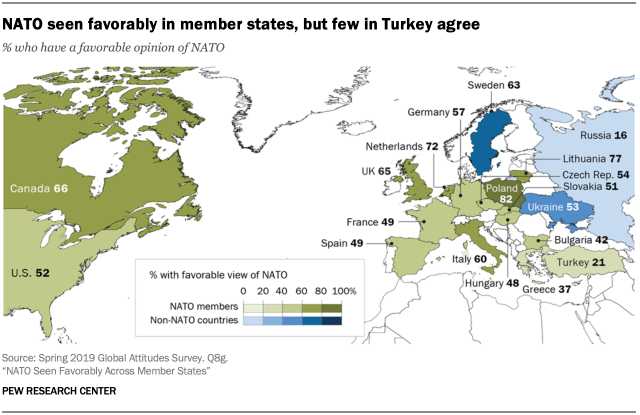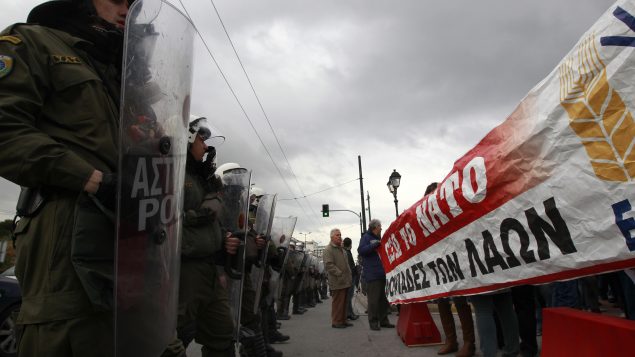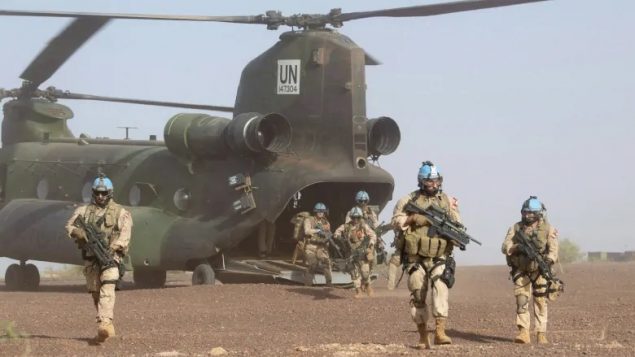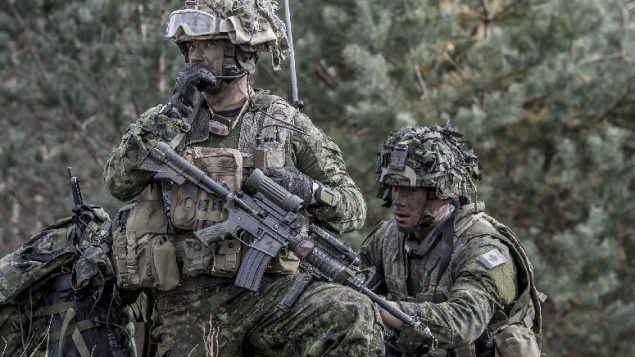A recent survey of attitudes towards NATO among member states and some non-members of the alliance should give Western policy-makers a serious pause, says a Canadian defence and security expert.
While NATO is generally seen in a positive light across publics within the alliance, many in member countries express reservations about fulfilling collective defence obligations under Article 5 of NATO’s founding treaty, a new Pew Research Center report finds.

When asked if their country should defend a fellow NATO ally against a potential attack from Russia, a median of 50 per cent across 16 NATO member states say their country should not defend an ally, compared with 38 per cent who say their country should defend an ally against a Russian attack, the report finds.
Canada has some of the strongest levels of support for collective defence obligations with 56 per cent of Canadians saying they would support the federal government dispatching the Canadian military to defend an ally against a potential attack by Russia. And two-thirds of Canadians have a favourable view of the alliance, according to the report.
NATO’s soft southern underbelly

Police secure a street during an anti-NATO rally opposing a visit by NATO Secretary-General Anders Fogh Rasmussen in Athens Feb. 16, 2012. (John Kolesidis/REUTERS)
Rob Huebert, senior research fellow with the Centre for Military and Strategic Studies at the University of Calgary, says the relatively soft support for collective defence commitments by some member states shows the effectiveness of the Russian campaign to disrupt NATO and the detrimental effect of Trump presidency on the alliance’s cohesion.
“When you look at the way discord has been sown about the importance of Article 5, you can see clearly that amongst particularly the Southern Europeans – Bulgarians stood out, but also the Greeks and the Turks – the Russian effort has been quite successful,” Huebert told Radio Canada International in a phone interview.
“Because if it creates that feel that Article 5 is not an automatic element, well then the whole essence of the alliance is under threat.”
- Canada increases contribution to NATO high readiness force
- Canada extends and boosts its contribution to NATO mission in Latvia
However, respondents of the survey are more convinced that the U.S. would use military force to defend a NATO ally from Russia. A median of 60 per cent say the U.S. would defend an ally against Russia, while just 29 per cent say the U.S. would not do so. Sixty-nine per cent of Canadians believe that the U.S. would step in to defend a NATO ally.
The report also shows while some Western European publics prefer a close relationship with the U.S., many others prefer a close relationship with both the U.S. and Russia. Nevertheless, few want to prioritize their relationship with Russia over their U.S. relations.
A peacekeeping myth?

Canadian infantry and medical personnel disembark a Chinook helicopter as they take part in a medical evacuation demonstration on the United Nations base in Gao, Mali, Dec. 22, 2018. (Adrian Wyld/Canadian Press)
Also, despite the reservations many have about NATO’s Article 5 commitments, half or more in nearly every country surveyed agree it is sometimes necessary to use military force to maintain order in the world, the report says.
The report’s Canadian numbers defy the mythology that the Liberal government of Prime Minister Justin Trudeau is trying to propagate by presenting Canada as a “peacekeeping, peace-loving society,” Huebert said.
“When you see numbers like 71 per cent believe that military force must be utilised for the maintenance of international peace and stability, that flies in the face of the mythologies that the Liberals and to a lesser degree the Conservatives are always trying to say about Canada,” Huebert said.
“I think there is a very strong realist tendency within the Canadian public in terms of the recognition that there are some situations out there where military force has to be used.”







For reasons beyond our control, and for an undetermined period of time, our comment section is now closed. However, our social networks remain open to your contributions.